While it’s true that you can certainly build a stockpile, and even a bug out destination, inexpensively if you’re resourceful, there are some myths out there about surviving on the cheap that I really have to debunk.
I Can Live on Less Food and Water
This is absolutely not the way to go. As a matter of fact, if you have to run, survive without heat or air conditioning, or expend any more energy than you are now, you may need even more calories than you’re surviving on now in order to maintain and survive. Even stress burns calories.
Store enough for at least 1500 calories per day if you’re a woman and 2000 calories per day if you’re a man. Cutting back on calories is not the way to go if you’re prepping on a budget.
I Can Live on Cheap Foods
Though this is true, cheap foods tend to be low-nutrient, high-carb, high-trans-fat foods that will not only NOT sustain you but will actually make you sick. Buying inexpensive food may be necessary to accommodate your budget, but there are ways to stockpile healthy foods for the same amount of money, or even less, than what you’d spend on garbage.
Couponing is an excellent way to get healthy food on a budget. Many grocery stores offer BOGO sales that, when combined with coupons, can result in huge savings. If you find a really good deal, buy a couple of extra to add to your stockpile.
Regardless of whether you’re living day to day in the world as you know it or in a post-collapse scenario, you need to eat a variety of nutritious foods.

Expiration Dates Don’t Matter
This is only partially right. Law requires that all foods have an expiration date, so many products that may be good for a decade or longer may have an expiration date of tomorrow. Much of this depends upon how the food is stored.
If it’s canned in glass or steel containers, the expiration date isn’t so important. If it’s preserved in plastic or paper, then the expiration date is likely closer to accurate. Another consideration is whether or not the food is preserved in an air-tight container. If so, the shelf life is extended considerably.
Gardens Equal Free Food
No. They don’t. Seeds cost money and so do plants. There’s also value in your time, and you’ll be investing quite a bit of that. You’ll also need to invest in or create fertilizer and natural or chemical pesticides. After the plants have grown, you’ll need to buy jars to can them, along with canning equipment if you don’t already have what you need.
Gardening is certainly cheaper in the long run than buying either canned food or fresh produce to can yourself, but it’s not without expense. The biggest advantage is that you know exactly what’s in your food. If you don’t know where to start, here’s a good article about the most nutritious, basic foods to start your garden.
I Can Build It Cheaper Than That
As a prepper, this is a great mentality to have, but if you don’t have at least a drip or two of the skills and knowledge required to complete the task, then you’re better off saving up, buying used, or asking for help.
While it’s true that many commercial items can be recreated (and often improved upon) by somebody who knows what they’re doing, that doesn’t mean that anybody could, or should, do it all the time.
For instance, I can most definitely build my own shed and save a ton of money by using upcycled and scrap materials, but I’m not going to build and install solar panels because I have absolutely no experience in that area, and it would be a dangerous waste of money for me to do so. It’s better to spend the money to buy them and pay somebody to install them.
I also wouldn’t use old, lead-paned windows in my building no matter how cheap they were because they’re a hazard and they wouldn’t hold up to hardly any stress. Would I rather find double-paned, safety-rated windows used or on clearance? Yes, and that’s likely what I’d do, but I would still pay the extra for the quality.
There’s a huge difference between saving money and cutting corners. To get an idea for some DIY projects to get you started, check out our current DIY page.
You Can Build a Bunker from a Shipping Container
I’m not sure where this one got started (probably from a movie or from somebody who was thinking with the mentality described in the last few paragraphs) but it’s not entirely true.
Shipping containers are built to be stacked and lined up together. That means that they’re reinforced around the edges and corners. If you put them in a hole and cover them with dirt as they are, the tops and sides will collapse.
We do have several ideas for building bunkers on a budget. Here is an article to get you started.
I Can Live off the Land
Doubtful, unless your land is lush with ripe berries, fruit trees, fresh vegetables and animals that will stand still and let you eat them. And that’s assuming you have the stuff to cut your firewood, skin the animal, build the fire, and complete the cooking process.
Oh, and do you like unseasoned meat? I hope so, because meat doesn’t come seasoned on the carcass, which is how you’ll have to eat if you’re living off the land.
Instead of picturing yourself in a Rambo scene, roasting a rabbit over a spit, you should probably picture something more along the lines picking up rocks and eating bugs. Seriously. You may need to check out our survival hacks article.
Even the most highly trained military personnel will tell you how difficult could be to live off the land, and they’ll also tell you that they might not do it again by choice. As a matter of fact, if you’re a former (or current) seasoned member of our military, please feel free to chime in about this in the comments section below.
I Have to Spend Money on a Bug Out Spot
No, you don’t. As a matter of fact, chances are good that if something catastrophic were to happen, you wouldn’t be able to get to it, anyway. Even if you do need to leave your home, you’re better off if you have limited resources to plan to stay with family or friends if you need to leave.
If you’re trying to prep on a budget, your money is better spent on stockpiling, upgrading your house if you own it, or saving your money to buy your own house so that you’ll own your own bug in home. Here’s a good list to help you prioritize.
I’m Only Prepping for Me
I know that there is a good portion of people out there who follow the construct that every man is an island, but I don’t happen to believe that. Many hands make light work and, especially if you have limited resources and funds, networking may be your best friend.
There are very few disasters that would actually cause as societal collapse, and even if that occurred, new societies would develop. Having a like-minded, prepared group of people ready to face disaster with you is much better than doing it alone.
I’m not saying that you should shout it to the heavens that you’re prepping for disaster, but I am saying that you may want to get a feel for your neighbors and pack back some extra ramen and vegetables for them just in case. After all, it’s cheap and extra food is always good – you can trade it or share it.
Prepping on the cheap isn’t that difficult, though it may certainly take you a bit longer than if you were rich. However, there may be some benefit to having to work harder for it; you’ll learn how to do things for yourself and you’ll develop an appreciation for what goes into the process. There are also a lot of survival secrets to learn from out ancestors, so click the banner below to find out more about them!
Because we’re naturally people who love to save money and find better ways to do things, I’m sure that there are many of you who have more to add to this article. Please do so in the comments section below.
This article has been written by Theresa Crouse for Survivopedia.

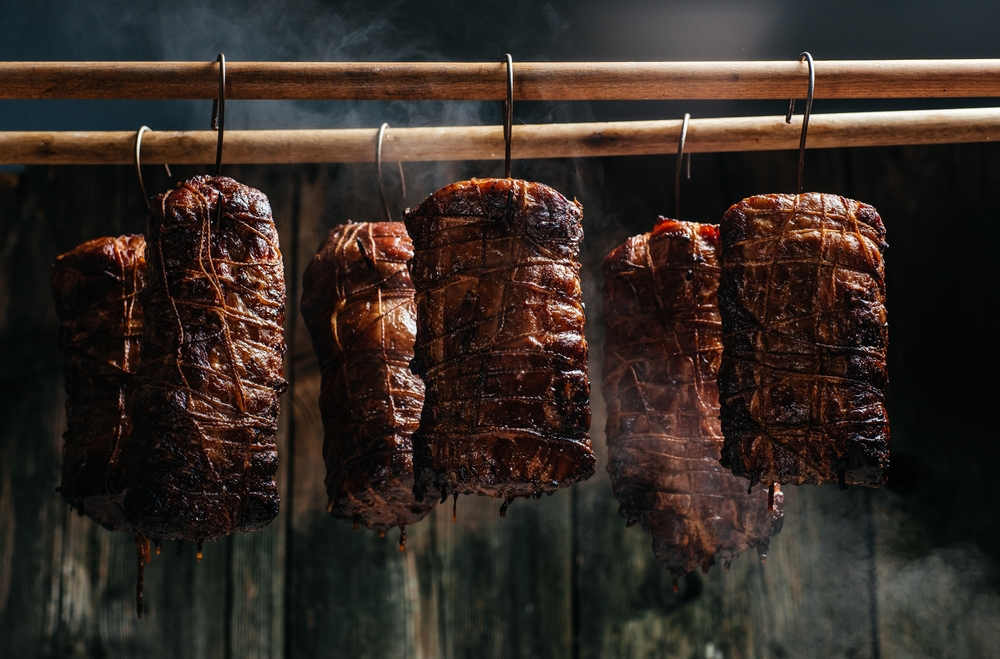

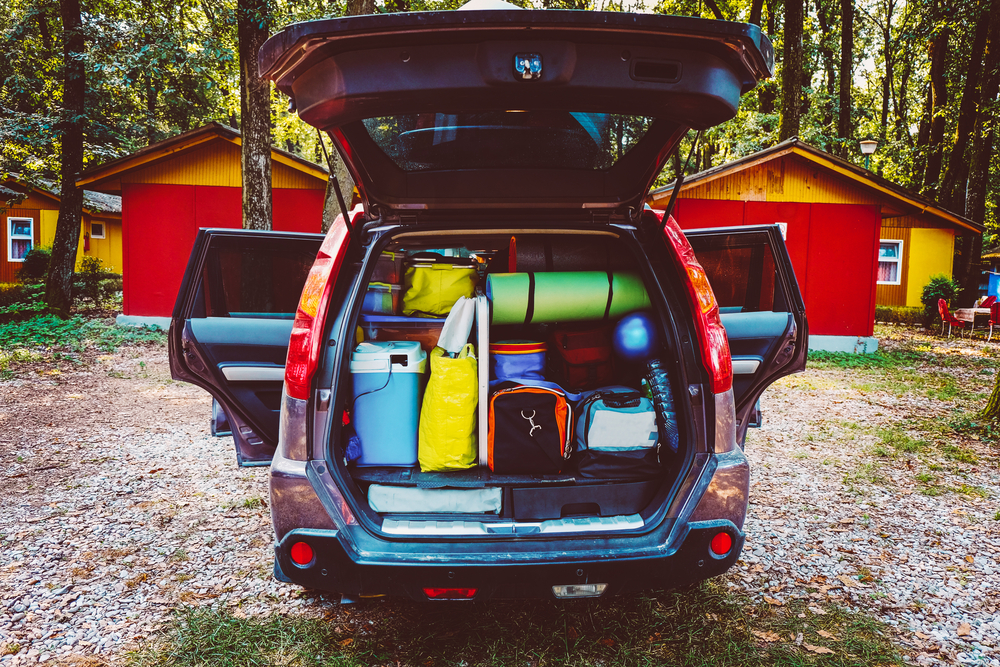


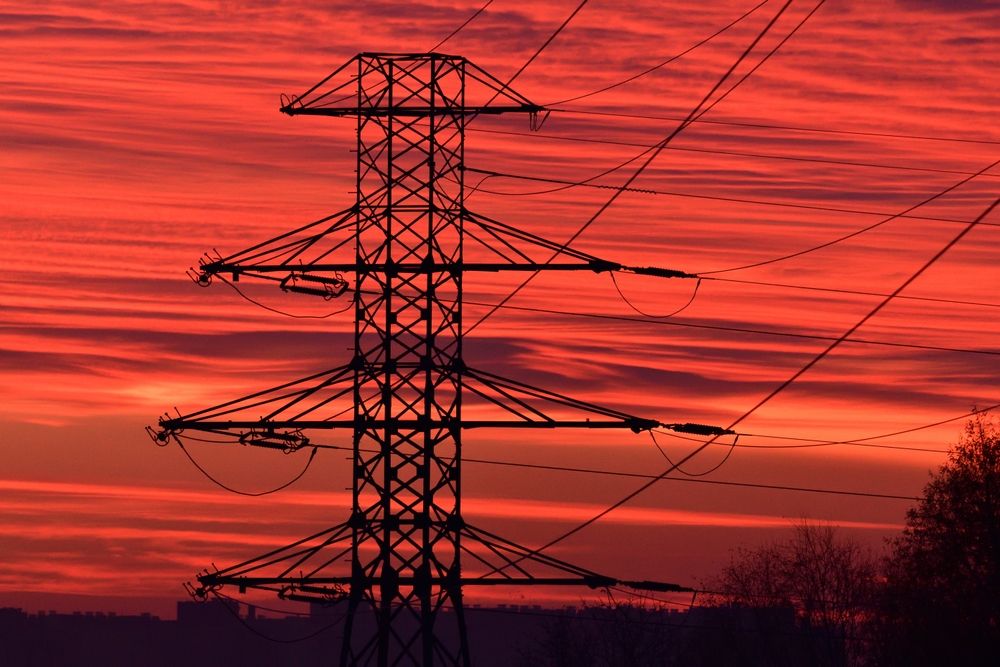
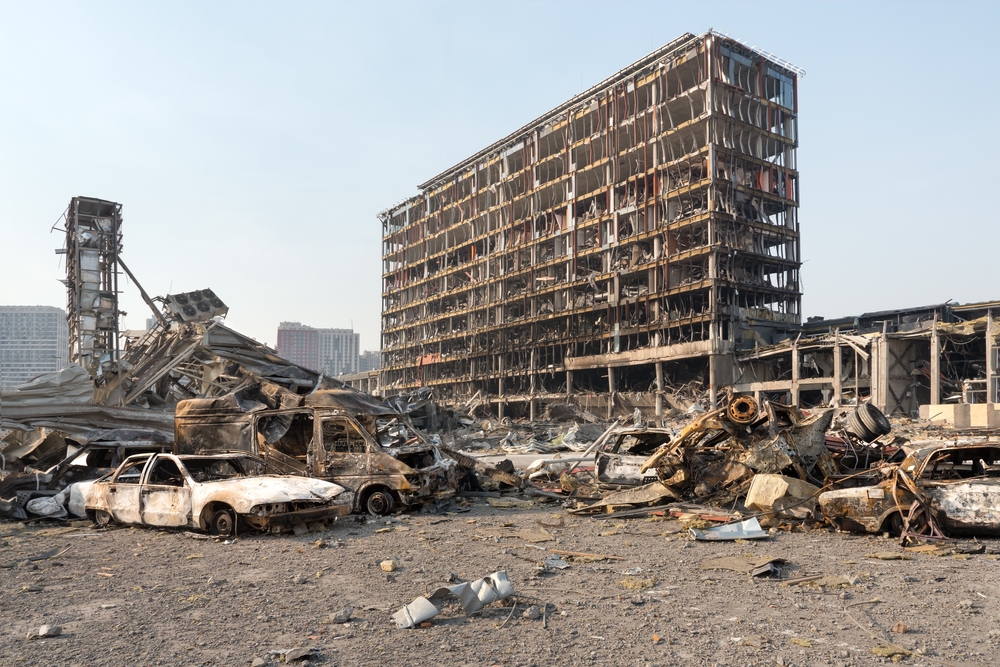

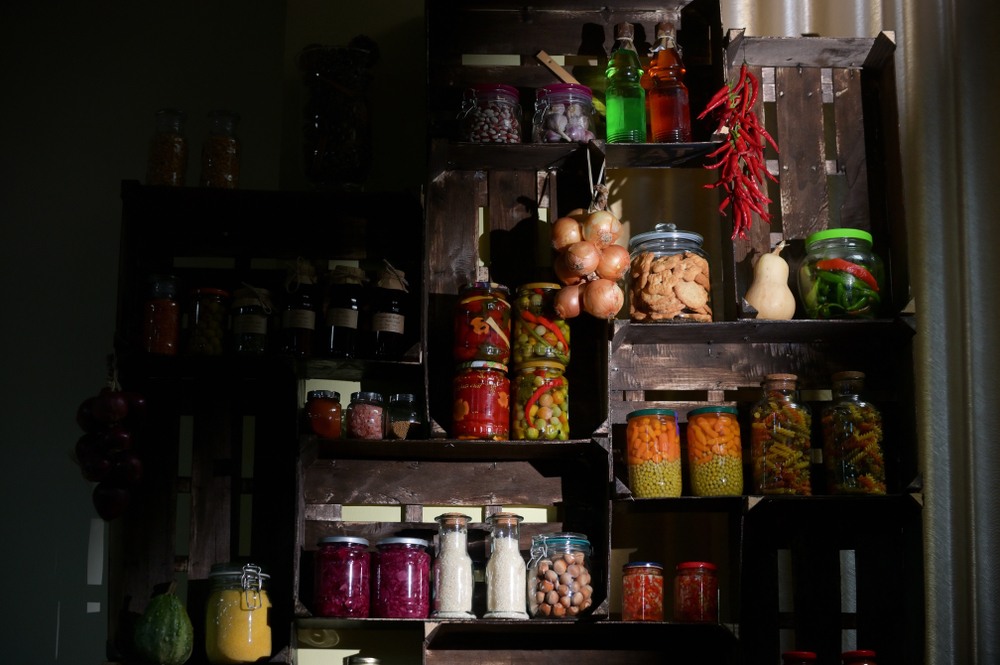









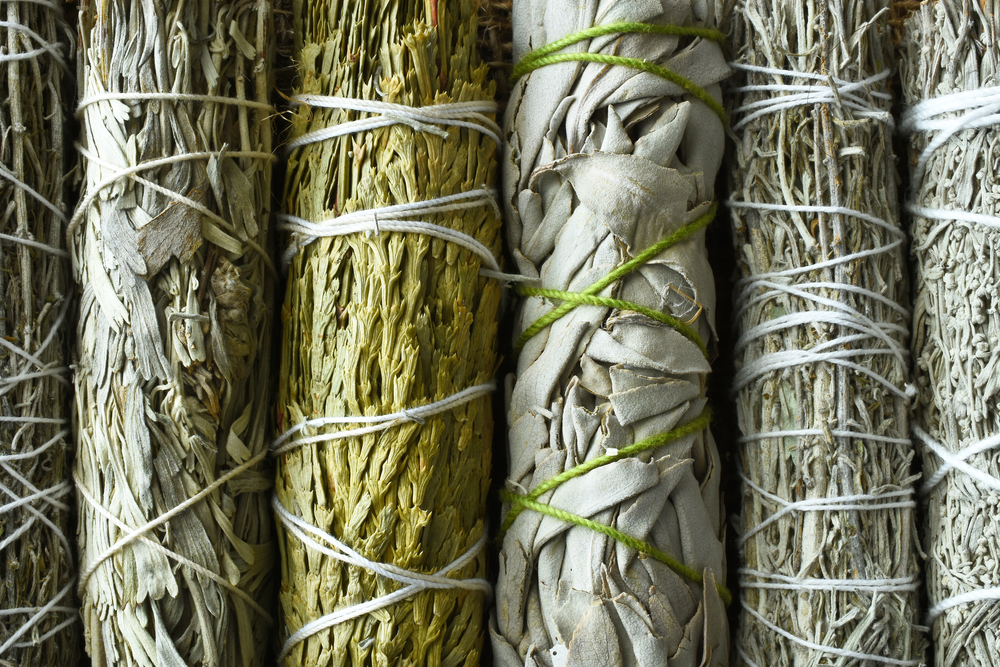
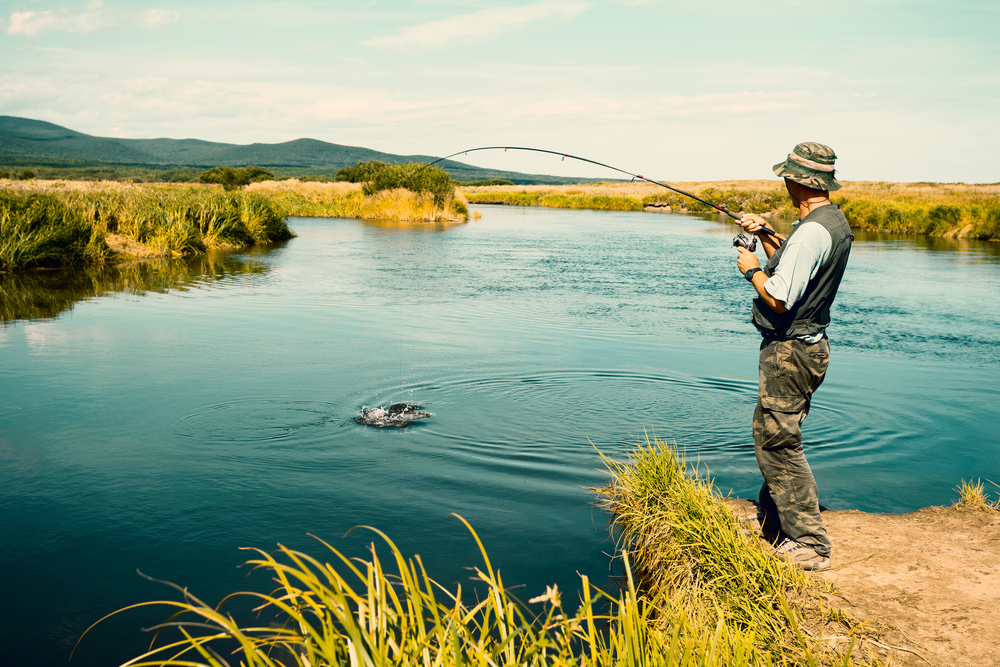

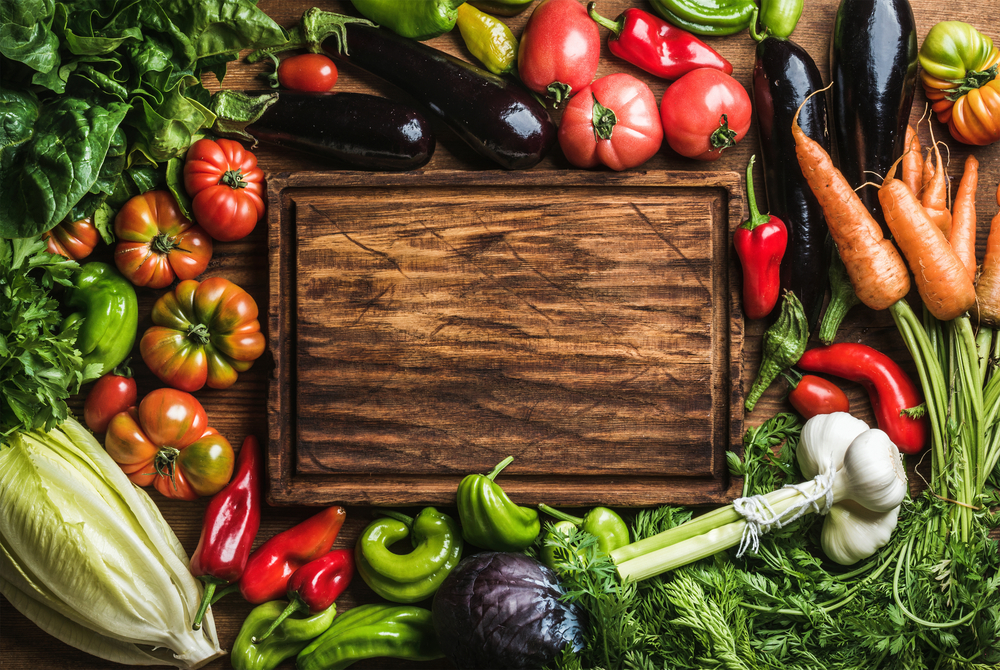
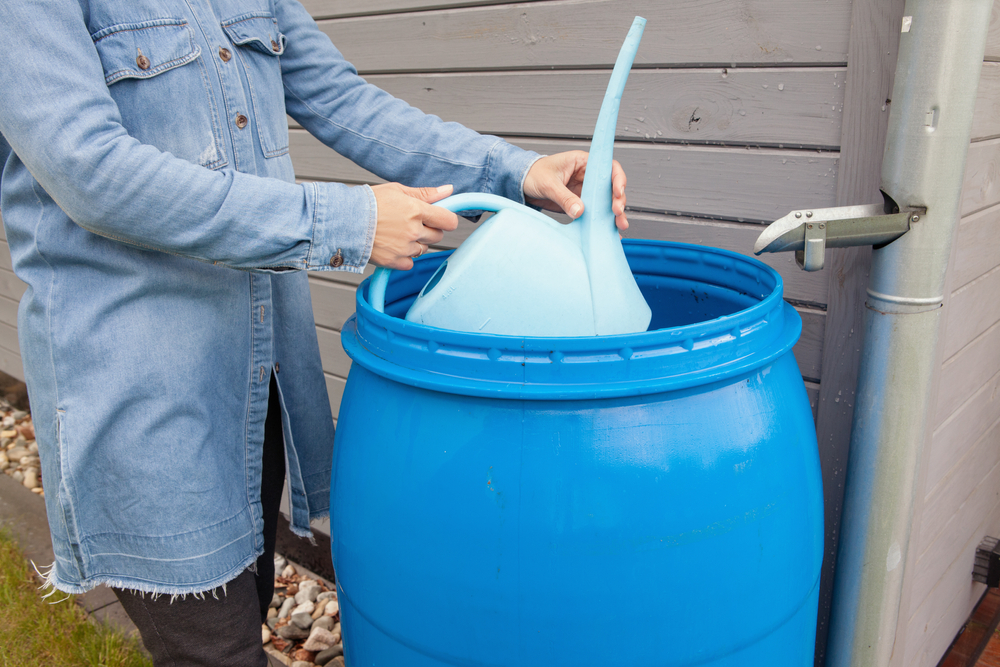
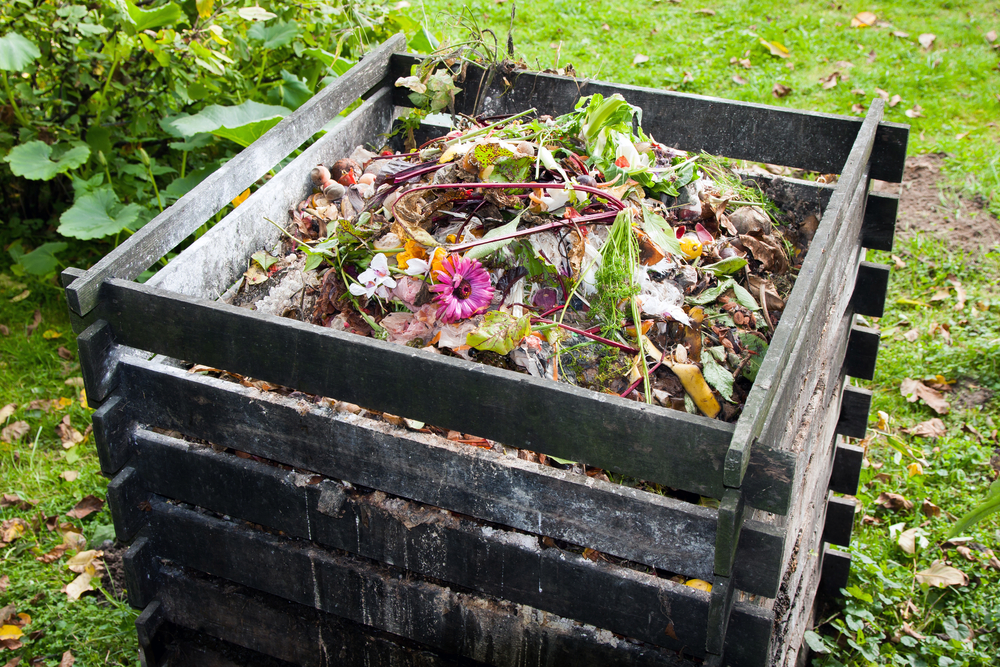
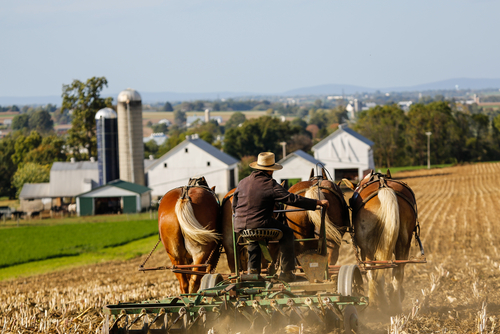
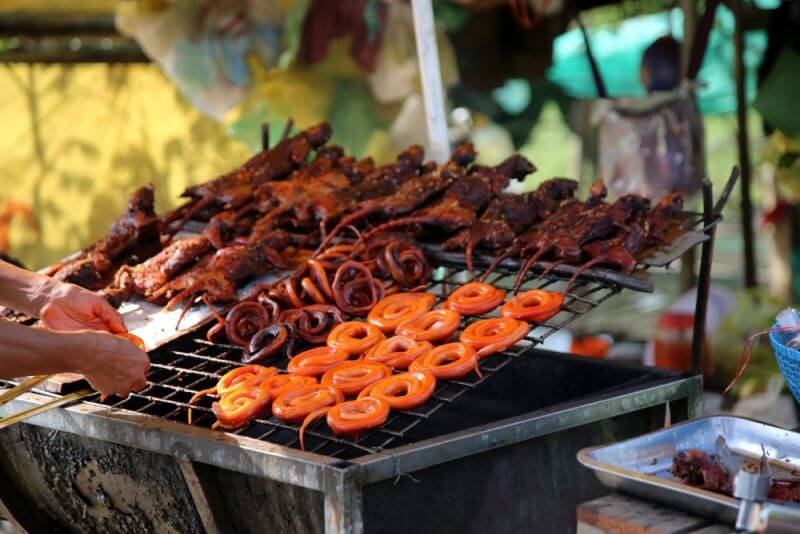


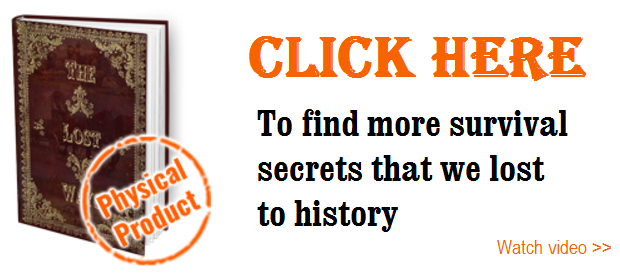




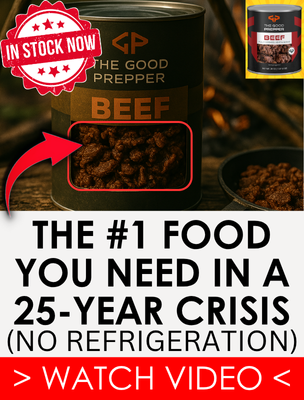
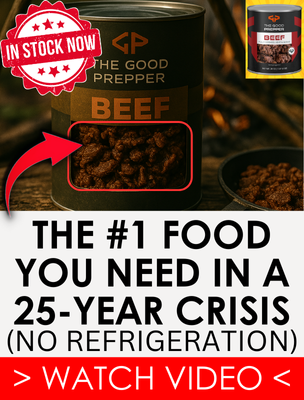

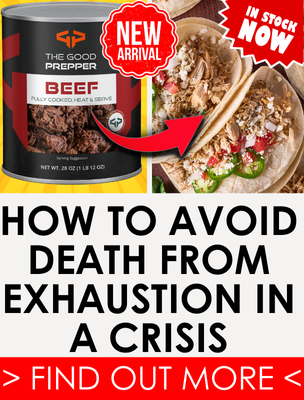

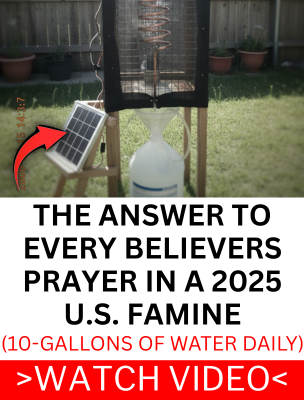
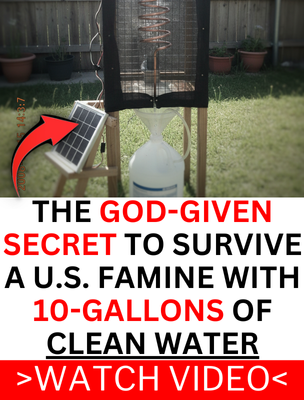



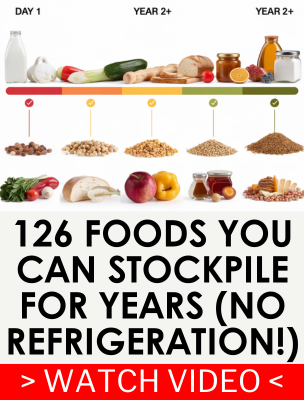
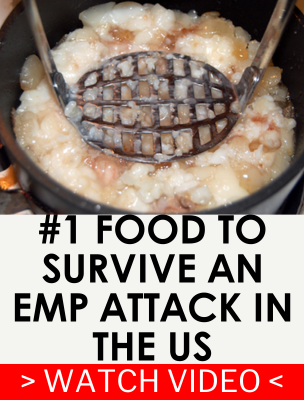
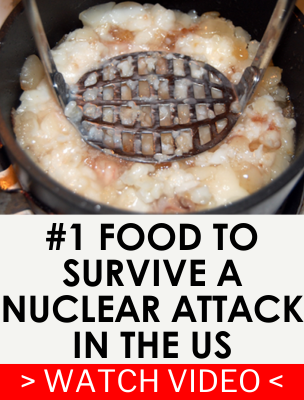
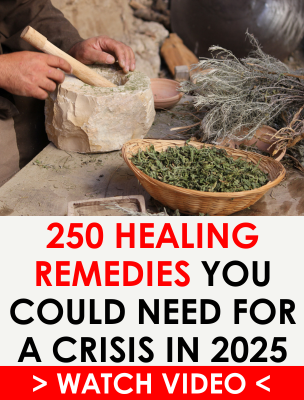
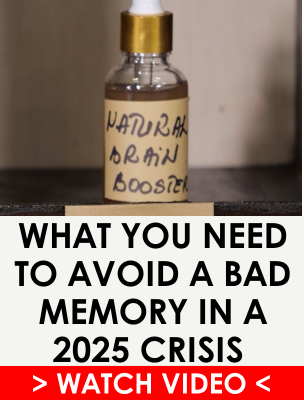
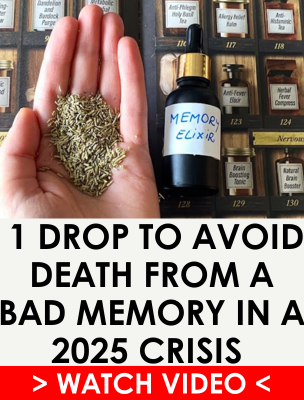
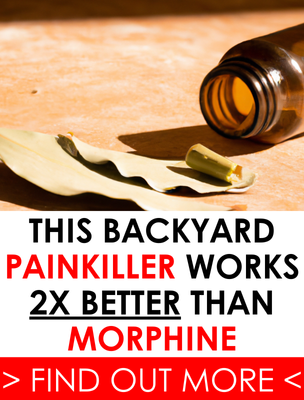
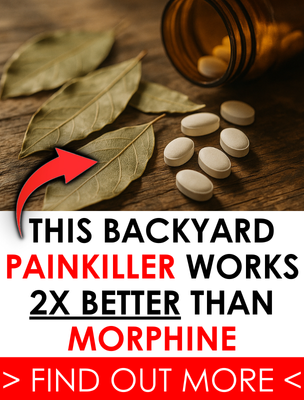

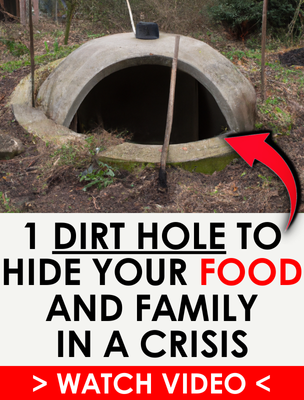
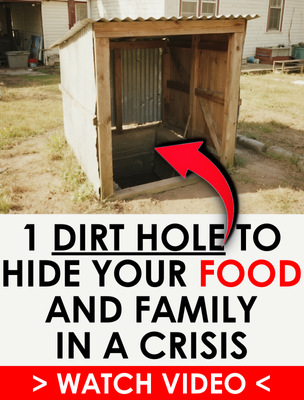
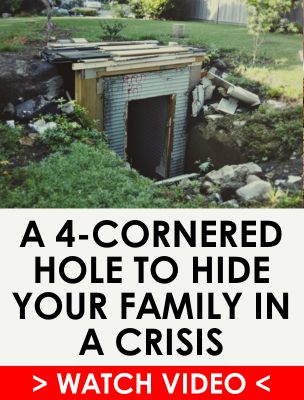

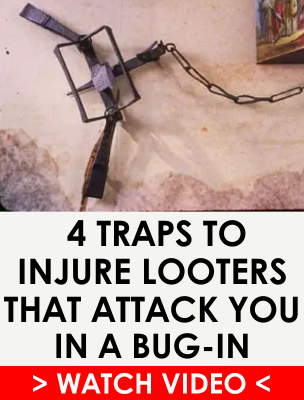
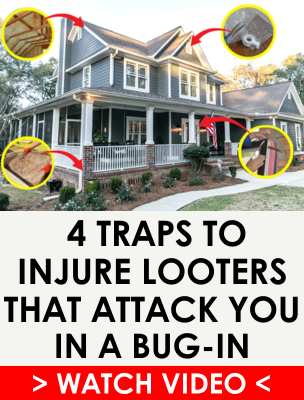
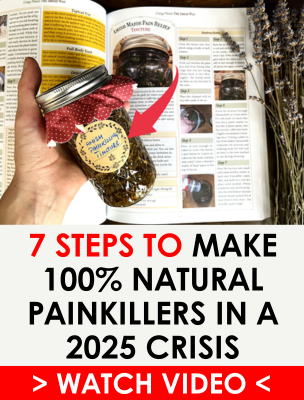
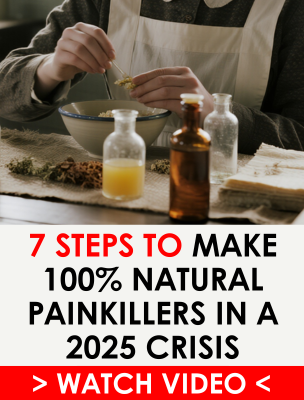
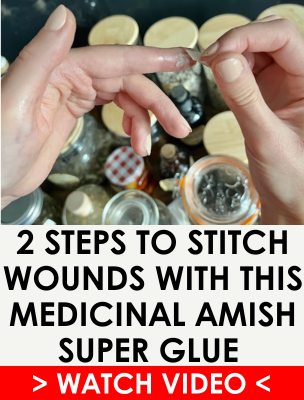


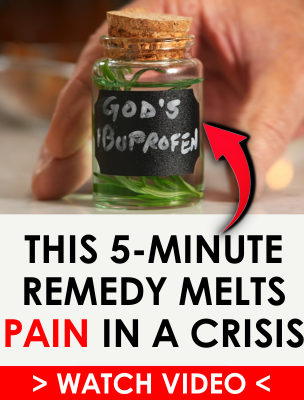

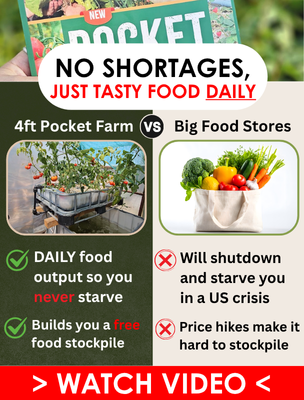


“I also wouldn’t use old, lead-paned windows in my building no matter how cheap they were because they’re a hazard and they wouldn’t hold up to hardly any stress.”
What are “lead-paned” windows?
Grintch, I’m no expert but given my understanding of the topic, “lead paned” glass actually has lead added to its composition for a variety of reasons and uses.
Why, is a topic of many theories but from what I have learned is that it was added to make the glass easier to work with (allows it to flow easier and increases the working time before it is hardened and becomes brittle) and provided a better appearance.
However, the microscopic particles of lead are actually exposed throughout the entire surface so anyone touching or rubbing against its surface, as when cleaning or little people touching it, can have the particles actually rubbed off and into the skin where it can be absorbed.
Lead poisoning is said to cause everything from irritability to constipation and, allegedly a, decrease in IQ. Additionally, it is thought to decrease sperm count in men and cause infertility in women and stunted growth in children and miscarriages.
Overall, not something to trifle with in any concentration. There is NO “safe” level of lead recognized by the CDC&P and if absorbed, stays in the blood and skin for weeks and months and even years, and meaning DECADES when absorbed into the skeletal bone stucture of the human body.
When used in decorative art such as stained glass, where it is used to join pieces of glass in a color mosaic, it makes the task of construction unique and attractive but should NEVER be placed or utilized anywhere causal touching is anticipated or expected for those reasons.
In fact, it is no longer used in solder when joining pipes for drinking water or paints where it was used to allow the liquid paint to easily flow, resulting in smoother finishes on walls, baseboards and such.
I hope this helps to shed a little light (no pun intended), on the subject for you. While not the best or absolute authority on the subject, you can Google the topic or look at Wikipedia for more generic information.
In short and closing, lead pane glass should be avoided. IF you have older, single pane glass in a home or old outbuilding, you should refrain from touching the surface, but if you MUST touch it, as in cleaning the glass, by all means be certain to wear protective gloves that won’t allow skin surfaces or the cleaning agent to contact exposed skin surfaces.
And if you suspect you have touched lead glass or ANY item containing lead, you should thoroughly wash your hands, etc., with a good soap and plenty of water as soon as possible and CERTAINLY before preparing or consuming food!
Such brief or occasional contact won’t likely cause you to immediately become ill, but it takes the body a long time to rid itself of this heavy metal.
“Why, is a topic of many theories but from what I have learned is that it was added to make the glass easier to work with (allows it to flow easier and increases the working time before it is hardened and becomes brittle) and provided a better appearance.
However, the microscopic particles of lead are actually exposed throughout the entire surface so anyone touching or rubbing against its surface, as when cleaning or little people touching it, can have the particles actually rubbed off and into the skin where it can be absorbed.”
Thanks for a very informative reply, but I cannot find anything on Google about lead pane window glass.
Can you point me to i?
Thanks.
I now that many of the folks that read this kind of posts doesn’t grasp the meaning of live of the land. the truth is that during WWII many folks never new that their country were in war because they live of the land. Isn’t easy but is possible. there is a documentary that picture that lightly in portuguese.
To make cheap pesticide all one needs are either tobacco or mums. Many insect vectors do not like nicotine and stray away from plants treated with it. For the tobacco just steep crushed leaves (from plant if you grow) or chewing tobacco/snuff in 1 gal of water for 24 hours and then spray. You can add oil or dish soap to help it adhere to the plants you spray and DO NOT eat/pick fruit or vegetables for at least 72 hours, so you don’t end up with nicotine poisoning. As for the chrysanthemum plant just crush up leaves and steep in 1 gal of water for 48 hours with either veg oil or dish soap to help it adhere to the plants you spray. Also DO NOT eat/pick fruits or vegetables for at least 72 hours. I hope this helps out a little for those do it yourselfers out there.
Can cigarette butts be used?
No you can’t use discarded cigarette butts. One reason is there is not enough nicotine in them to even use for a pesticide. Another reason would be that you do not want to use a discarded product that was in someone’s mouth. People carry diseases and those pathogens could be carried over to the plant.
Tobacco, Tomatoes and some other plants are susceptible to tobacco mosaic virus. Never use cig butts and wash hands after smoking before gardening.